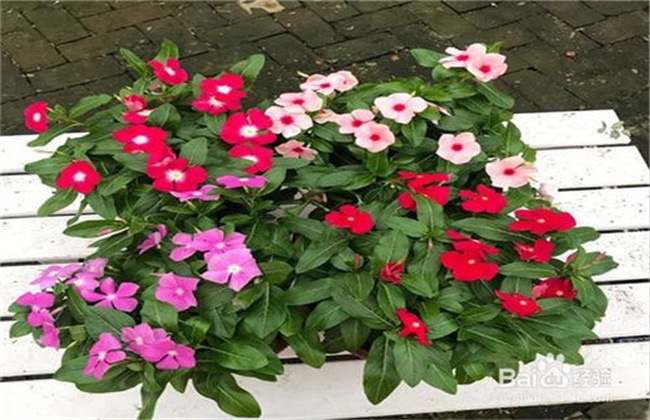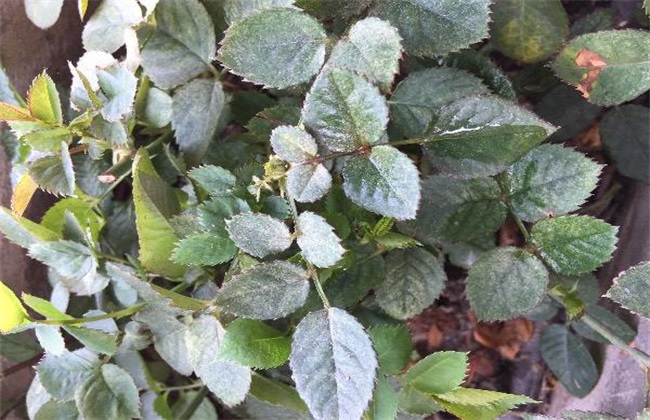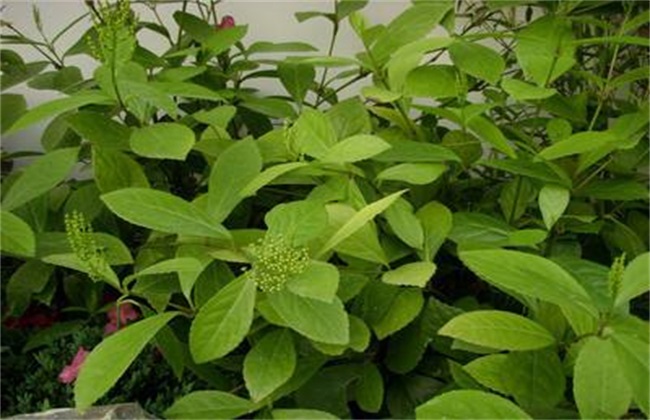Culture methods and matters needing attention of Bauhinia
Bauhinia is a very beautiful flower plant, it is not strict with the growth environment, it can not only be planted in garden scenic spots, but also can be made into potted plants for human breeding. In life, many people want to cultivate bauhinia, but they don't know where to start. Let's take a look at the breeding methods and points for attention with Xiaobian.

I. Culture methods
1. Lighting
The bauhinia flowers like the light. Only in places with sufficient light can it grow vigorously, it has a certain degree of cold tolerance, and adult seedlings in North China can survive the winter safely without any protection. But in the hot summer, do not let the bright light direct on the bauhinia, otherwise it is easy to wither and can be moved indoors or in the shade.
2. Watering
The bauhinia likes the moist environment, should be watered immediately after planting, and then watered again on the second day and the sixth day, and then enter the normal management. After that, the watering frequency and amount of water should be properly adjusted according to the current climate, in principle to keep the soil moist but without stagnant water, so as to prevent the roots from rotting.
3. Fertilization
The bauhinia flower likes fertilizer, and only by applying enough fertilizer can it have luxuriant leaves and bright colors. When planting, it is necessary to apply sufficient base fertilizer, mainly rotten leaf fertilizer, ring fertilizer or dried chicken manure, after fully stirring the fertilizer and soil, so as to prevent the root system from directly touching the fertilizer and injuring the root. After that, nitrogen fertilizer should be applied once a year after flowering to promote plant growth. Phosphorus and potassium fertilizer is beneficial to flower bud differentiation and new branch Lignification, so it should be applied in autumn. The application of organic fertilizer combined with watering in winter can ensure the plant ammonia to survive the winter, and the low concentration mixture of potassium dihydrogen phosphate and urea can be sprayed in the case of poor plant growth.
4. Pruning
Bauhinia has strong branching ability, so it needs to be pruned in the growing period to achieve the expected tree type, and it can be truncated after seedling transplanting to promote the germination of more new branches. Cut short again in the spring of the following year, after sprouting new branches, three branches with better growth were selected to retain, and the rest were all cut off.
II. Points for attention
Bauhinia often appears some diseases and insect pests during the culture period. Corner spot and Fusarium wilt are its high incidence diseases. In normal times, it is necessary to reduce the occurrence of these diseases as much as possible. In autumn, we should clean up the diseased branches and leaves in time, burn them centrally, and spray carbendazim in the peak period of the disease. In the growing period, there are not only diseases, but also insect pests, such as aphids, diamondback moths, etc. are high incidence of insect pests, you can use pyrethrum EC or 1605 diluted after spraying, can be excellent pest control.
The above is the introduction of bauhinia culture methods and matters needing attention, hope to help you, want to know more related knowledge, please pay attention to us.
Related
- Fuxing push coffee new agricultural production and marketing class: lack of small-scale processing plants
- Jujube rice field leisure farm deep ploughing Yilan for five years to create a space for organic food and play
- Nongyu Farm-A trial of organic papaya for brave women with advanced technology
- Four points for attention in the prevention and control of diseases and insect pests of edible fungi
- How to add nutrient solution to Edible Fungi
- Is there any good way to control edible fungus mites?
- Open Inoculation Technology of Edible Fungi
- Is there any clever way to use fertilizer for edible fungus in winter?
- What agents are used to kill the pathogens of edible fungi in the mushroom shed?
- Rapid drying of Edible Fungi



